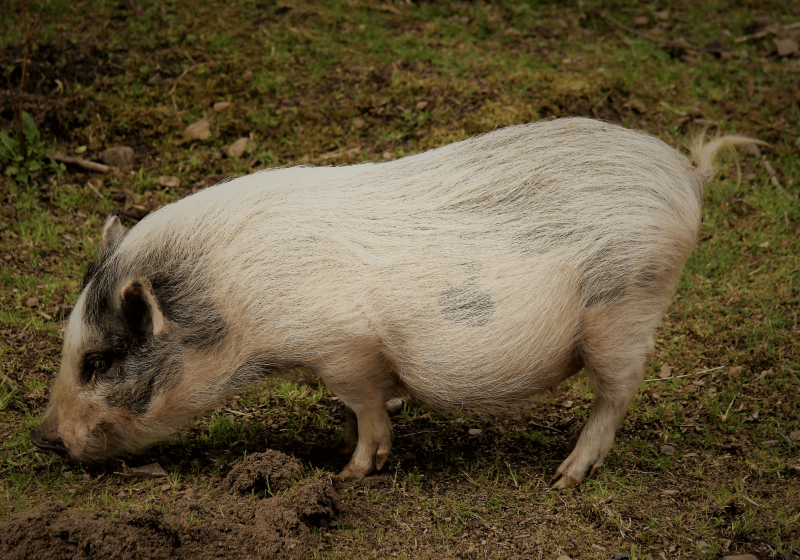In a new test of xenotransplantation, a medical team at the University of Maryland Medical Center announced [September 22] that, for only the second time in history, it had transplanted a heart from a genetically engineered pig into a human.
The surgeons performed the eight-hour procedure [September 20] without complications. As of Friday afternoon, the organ recipient, a 58-year-old Navy veteran and former vaccine researcher at the National Institutes of Health named Lawrence Faucette, is awake, able to sit in a chair and breathe on his own, and his new heart is pumping without help from supportive devices, hospital officials said in a statement.
Last year, the same medical team performed the first such procedure on a 57-year-old patient named David Bennett. For the first 40 days, Bennett — who had terminal heart failure and was too sick to qualify for a human heart transplant or mechanical assist device — seemed to be recovering. But then he took a turn for the worse and died not long after.
The hearts that both Bennett and now Faucette received came from pigs that have been genetically engineered with 10 changes to their DNA to make their organs better suited to residing within a human body, which include inactivating a growth gene — so the porcine heart won’t continue to expand after transplantation — and other modifications to remove molecules most likely to provoke an immune attack.































